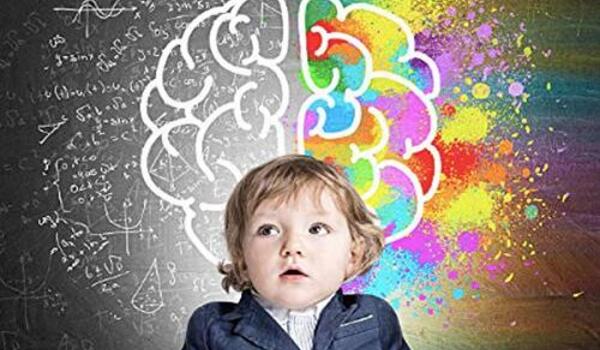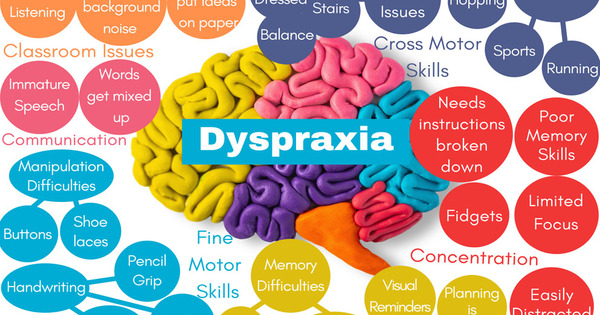Dyspraxia, also known as Developmental Coordination Disorder (DCD), may have a greater influence on adult mathematics performance than previously believed, according to new University of Surrey research.
DCD is a common neurodevelopmental mobility disorder that affects roughly 5% of the population. It is defined by problems with fine and/or gross motor coordination. These problems frequently linger until adulthood, affecting daily activities and academic achievement. Despite its significant frequency, DCD is poorly understood, particularly among adults.
Previous research has shown that children with DCD had inferior math ability than their neurotypical counterparts. However, no studies have studied the math ability of adults with DCD, leaving a critical vacuum in our understanding of the condition’s long-term consequences.
DCD impairs movement coordination skills, so people with DCD may perform below average for their age in a variety of daily activities such as balance, sports, and driving lessons. It is commonly diagnosed in early childhood and is a lifelong condition.
Our research demonstrates a clear link between working memory resources and maths performance in adults with Dyspraxia. Interestingly, we found that adults with DCD may rely more heavily on working memory to perform even simple arithmetic tasks.
Dr Anna-Stiina Wallinheimo
The study looked into the effects of cognitive (working memory) and emotional (math anxiety) aspects on the math performance of persons with and without DCD. those with DCD had weaker working memory and math performance and reported higher levels of math anxiety than those without DCD.
Participants in the study completed as many easy mental arithmetic tasks as feasible in one minute. This job was considered to be completely automated in adults, requiring little use of working memory. Individuals with DCD completed fewer items correctly, implying a possible reduced processing speed throughout this simple numerical exercise.
Further analysis showed that the maths performance of adults with DCD was more strongly linked to working memory than the neurotypical population. This suggests that adults with DCD lacked automation with these tasks and had to rely on working memory for additional support, making them slower and less accurate in their answers.

Dr Anna-Stiina Wallinheimo, lead author of the study and Research Fellow in Cognitive Psychology, at the University of Surrey, said:
“Our research demonstrates a clear link between working memory resources and maths performance in adults with Dyspraxia. Interestingly, we found that adults with DCD may rely more heavily on working memory to perform even simple arithmetic tasks. By understanding the reliance on working memory and the unique impact of maths anxiety, educators can develop targeted interventions to improve maths performance and overall cognitive well-being in people with DCD.”
Given the lifelong nature of DCD and the critical relevance of solid numeracy abilities for everyday tasks (such as financial planning, cooking, and time management), the findings of this study will undoubtedly add significantly to the existing literature.
Dr. Judith Gentle, Senior Lecturer in Psychology at the University of Surrey, stated, “This research not only advances our understanding of the cognitive challenges faced by adults with dyspraxia, but also highlights the need for tailored educational approaches.” Our findings call for a more nuanced view of cognitive assistance, one that goes beyond typical strategies to meet the unique requirements of people with DCD.”
















